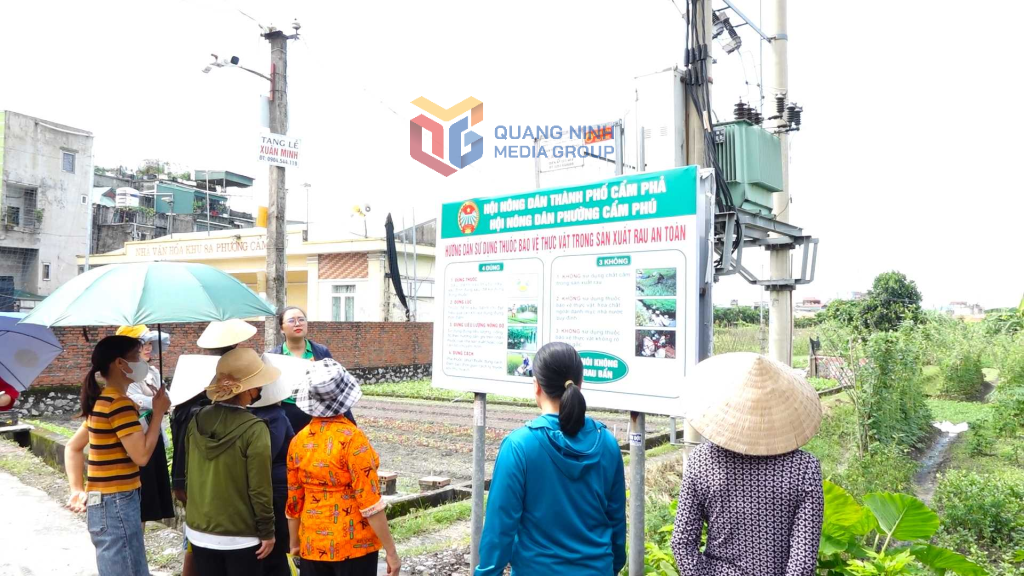
Agricultural production, including cultivation, is one of the activities that pose a risk of environmental pollution due to the abuse of chemical pesticides; improper use of inorganic fertilizers, exceeding prescribed dosages; hazardous waste in cultivation such as chemical fertilizer packaging, pesticide packaging is not collected and treated but discharged directly into the environment...
To limit the use of fertilizers and pesticides that are not in accordance with standards, in addition to promoting propaganda and raising people's awareness, the province has directed the implementation of many synchronous measures. In particular, piloting and expanding organic fertilizer production models, combining microbial composting to treat agricultural and household waste. Such as the model of applying biotechnology to produce organic fertilizer from waste from the production of cassava vermicelli; the model of analyzing and evaluating the application of biological products affecting the decomposition of acacia humus and acacia shells to create compost for agricultural production; the composting model for recycling agricultural by-products... Investing in the construction of 8 storage areas, nearly 5,200 tanks for storing used pesticide packaging in concentrated agricultural production areas...
Along with that, build and deploy pilot models on integrated pest management (IPM) application on crops (rice, vegetables, fruit trees, etc.) to reduce 1 to 2 times of spraying pesticides and increase crop yield by an average of 10%, contributing to environmental protection.
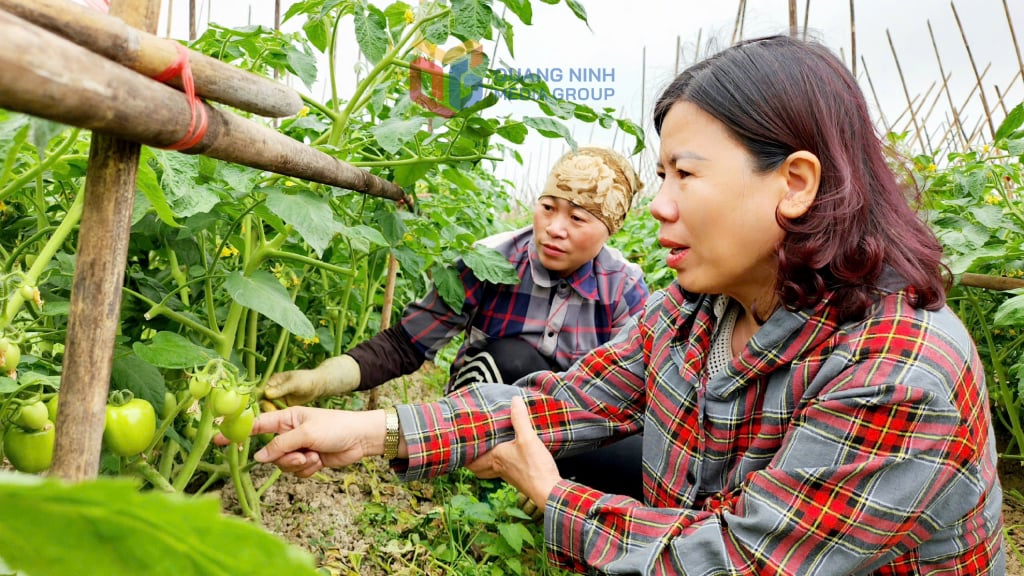
The province also directed localities to effectively implement crop production; provide guidance on the management of crop area codes for units and individuals to implement effective agricultural production models, advanced farming methods that adapt to climate change, and are environmentally friendly. Concentrated production areas (high-quality rice; flowers, ornamental plants; safe vegetables; fruit trees; medicinal plants and non-timber forest products...) continue to be built and developed according to the value chain, organic, circular, and emission reduction.
In the province, there are currently about 1,100 hectares of crops maintained in production according to safe agricultural production processes, of which 322.35 hectares have been granted VietGAP certificates; 90 hectares of rice and 329 hectares of cinnamon have been granted organic production certificates...
Along with the crop sector, livestock farming is an economic sector with a high potential for environmental pollution. Currently, the province has nearly 38,000 livestock farms, of which over 400 farms, many of which are VietGAP certified and facilities/areas certified as disease-free. 100% of farms and concentrated livestock farms have environmental impact assessment reports or environmental licenses/environmental protection plans. For livestock farming households, about 93.24% have collected and applied treatment measures such as using biological bedding, building biogas plants, composting organic fertilizers, collecting and cleaning daily.
According to the Agricultural Restructuring Project for the 2021-2025 period, with a vision to 2030, the province aims to develop the livestock industry on an industrial scale associated with disease safety... to ensure sustainable production.
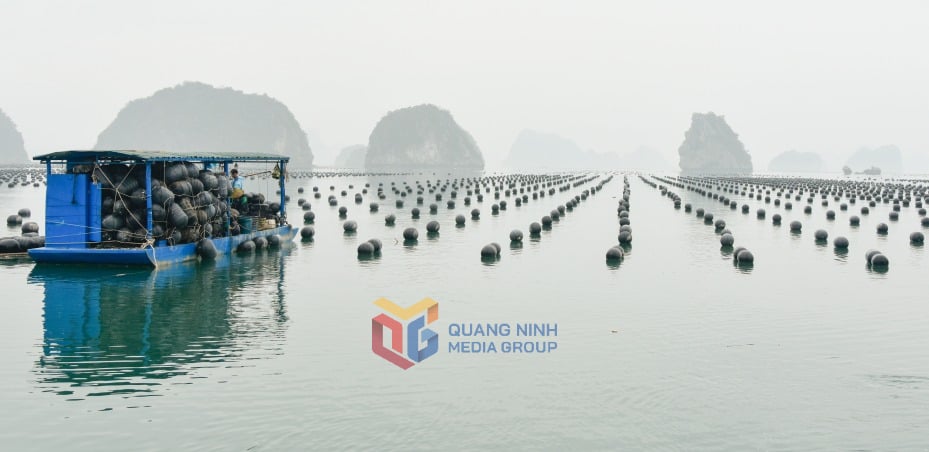
In the field of aquaculture and fishing, the Provincial People's Committee has issued a plan to implement the Environmental Protection Project in aquaculture activities for the period of 2024-2030, assigning agencies and units to implement. To date, the conversion and replacement rate from foam buoys to materials that meet local standards has reached 98.5%. By the end of July 2025, the whole province had completed the handover of sea areas to 663 individuals for aquaculture according to regulations with a total area of 456 hectares; has completed procedures for handing over sea areas to 76 enterprises and cooperatives with an area of 6,452 hectares, of which 26 applications for aquaculture at sea with an area of 3,166 hectares have been granted licenses. The subjects strictly comply with regulations on farming materials, breeds, farming methods, and environmental control.
With many synchronous solutions, environmental protection work in agricultural production has achieved positive results, creating momentum for sustainable socio-economic development in rural areas of Quang Ninh .
Source: https://baoquangninh.vn/kiem-soat-o-nhiem-moi-truong-trong-san-xuat-nong-nghiep-3372075.html


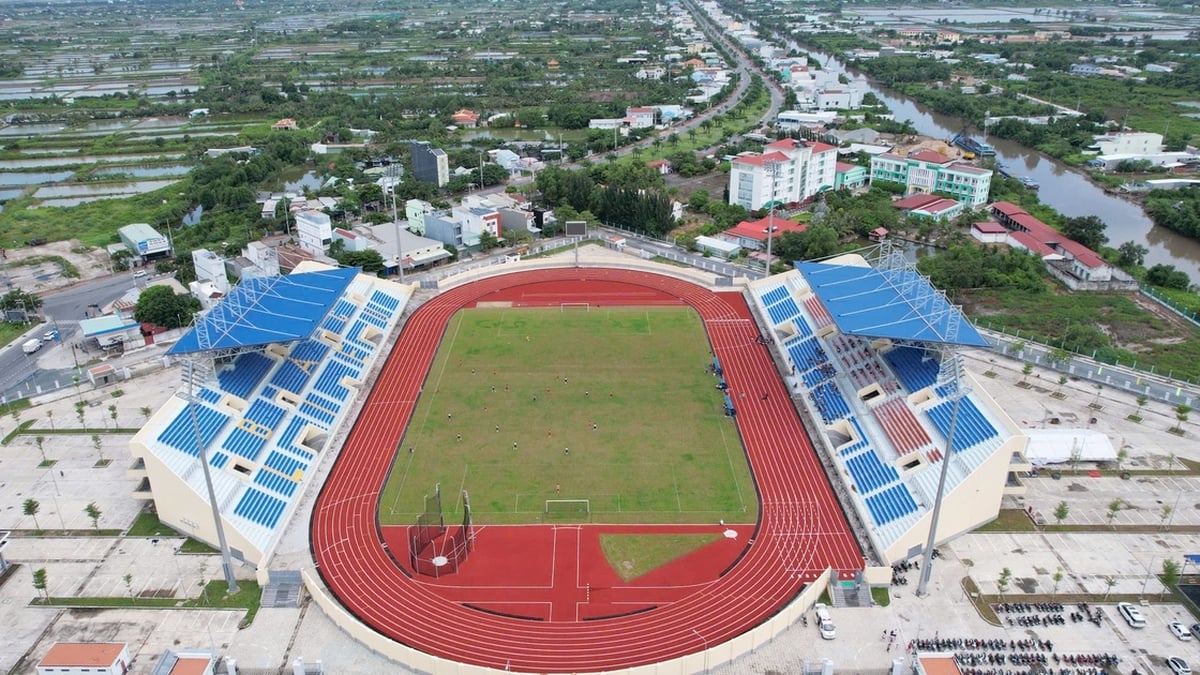
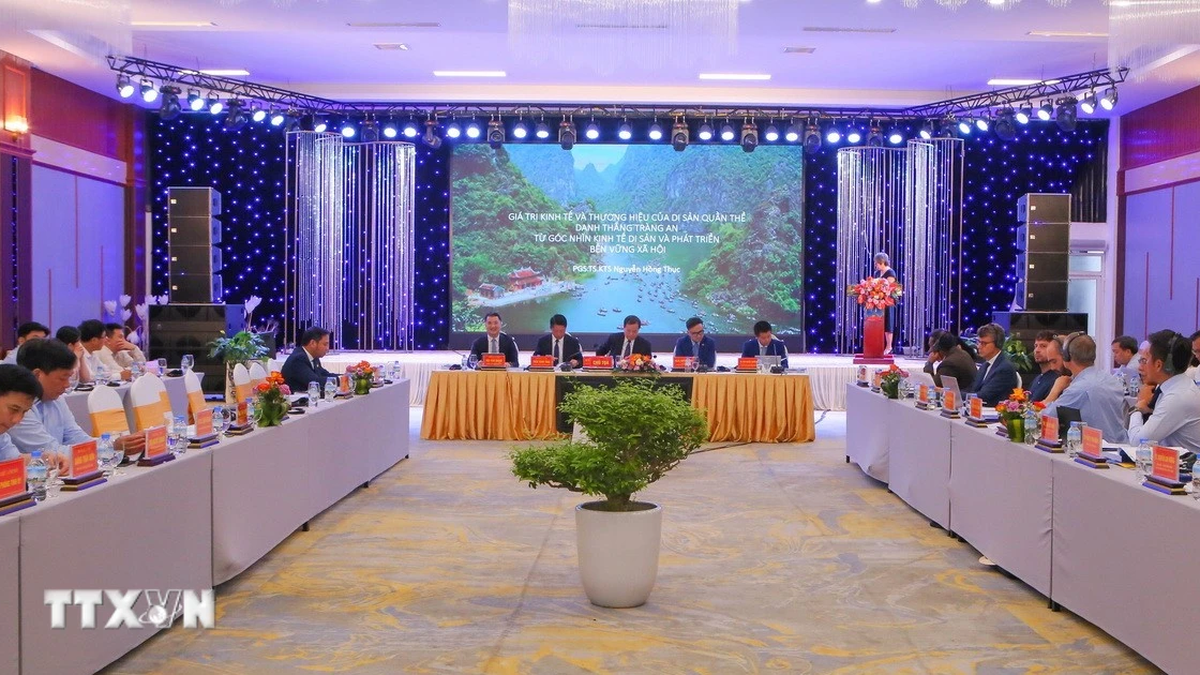
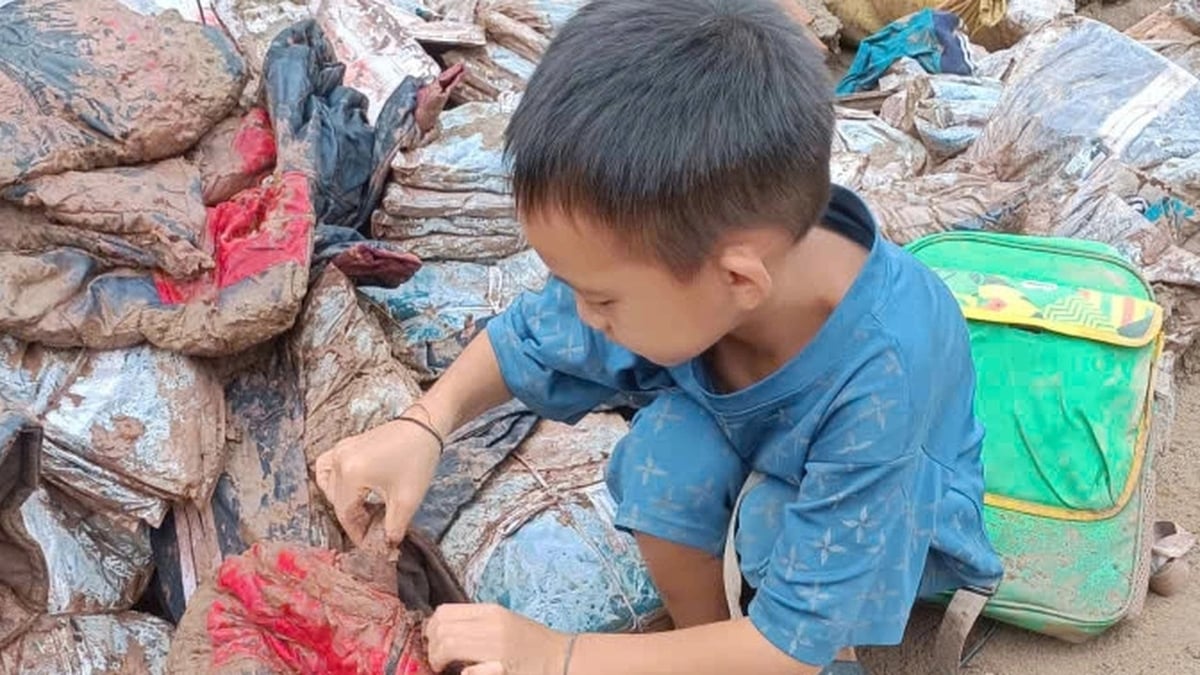
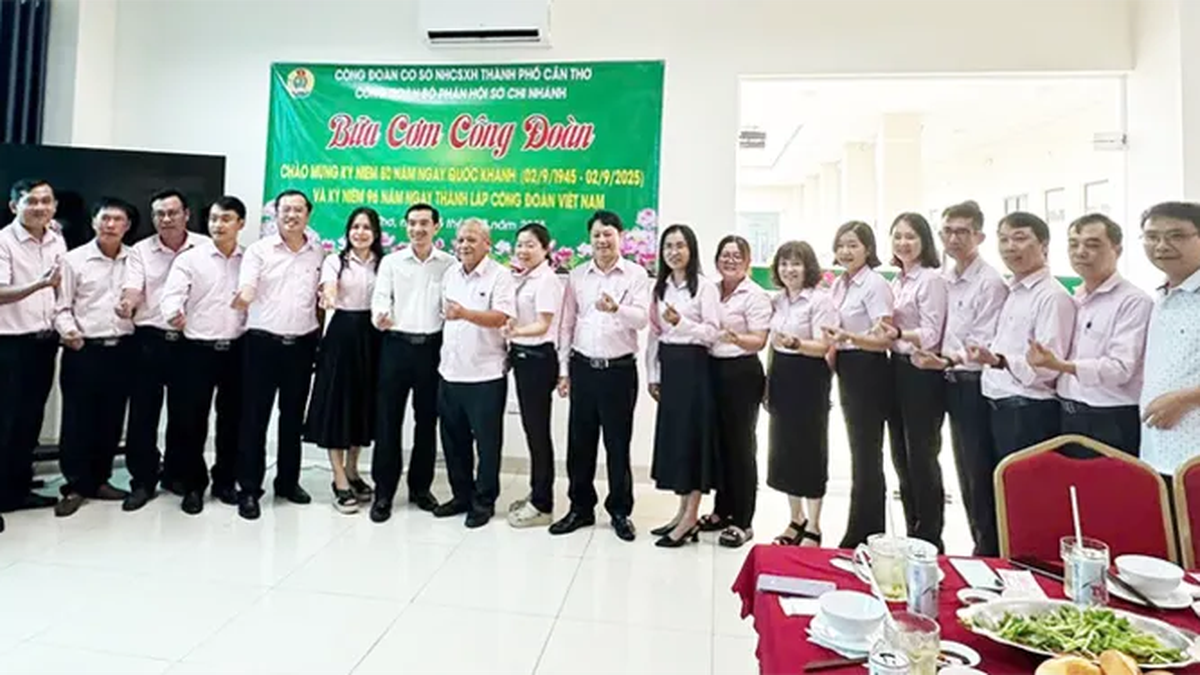
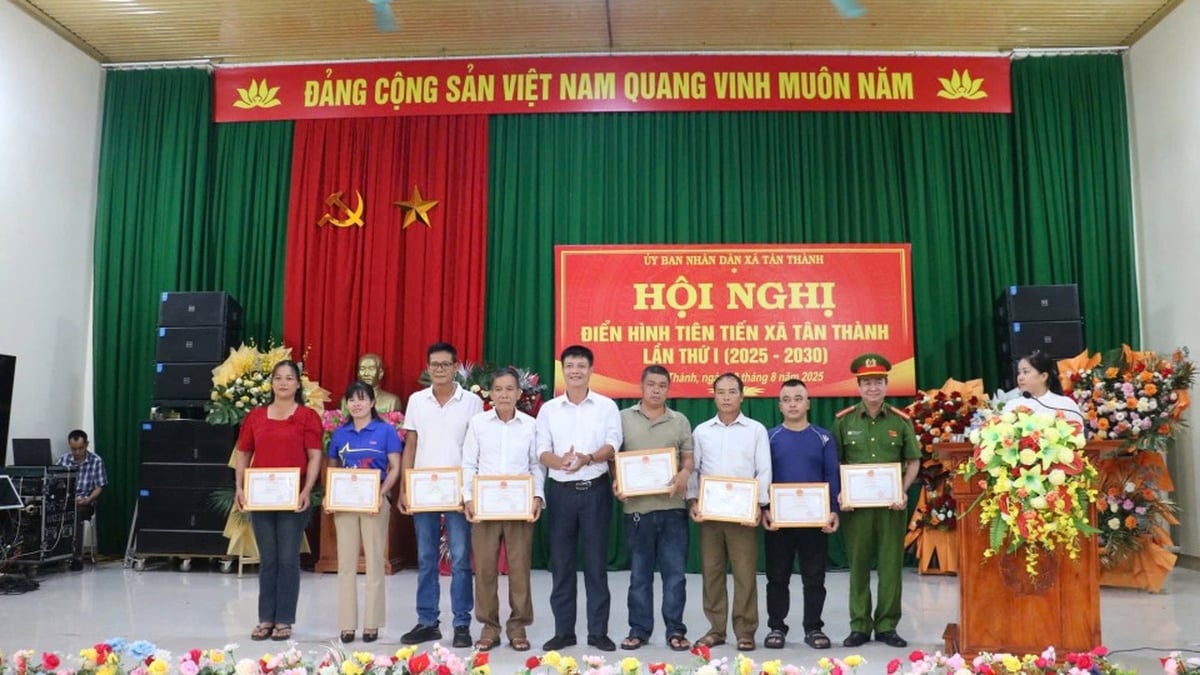


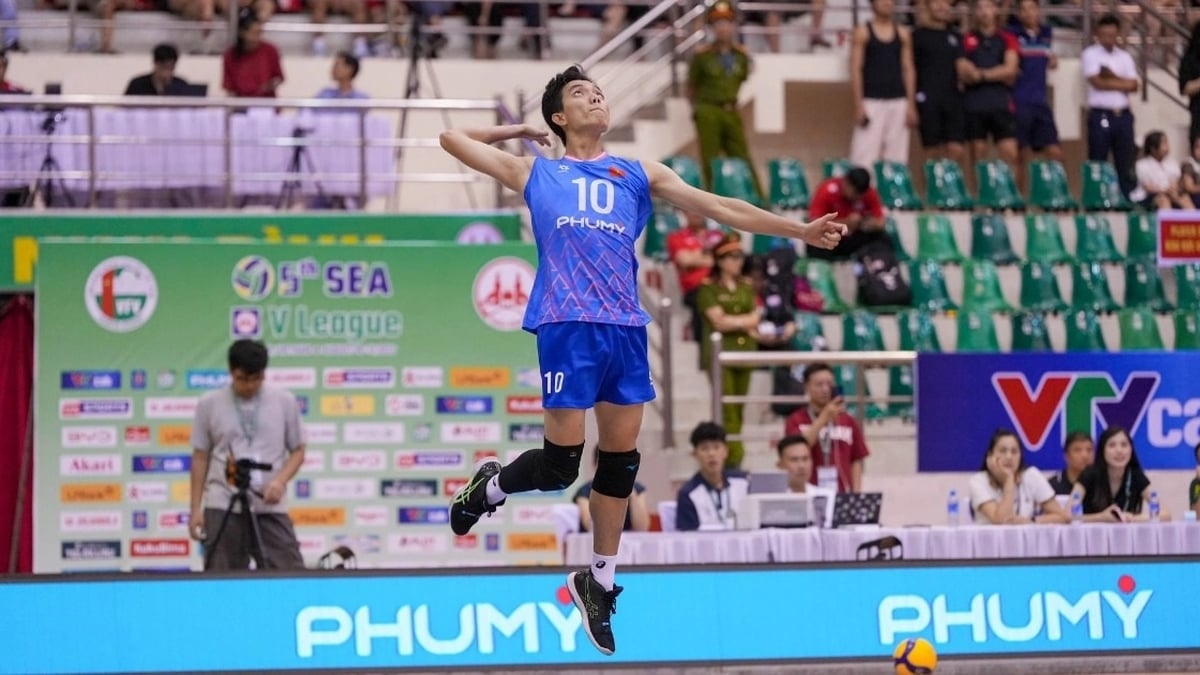
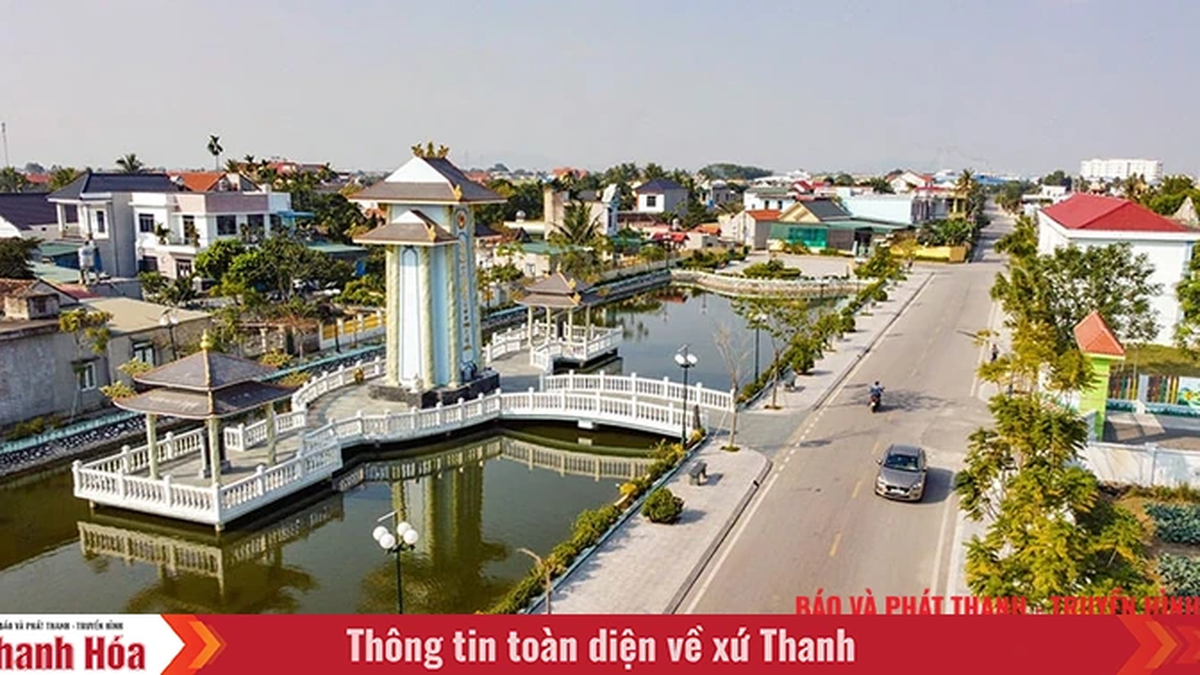
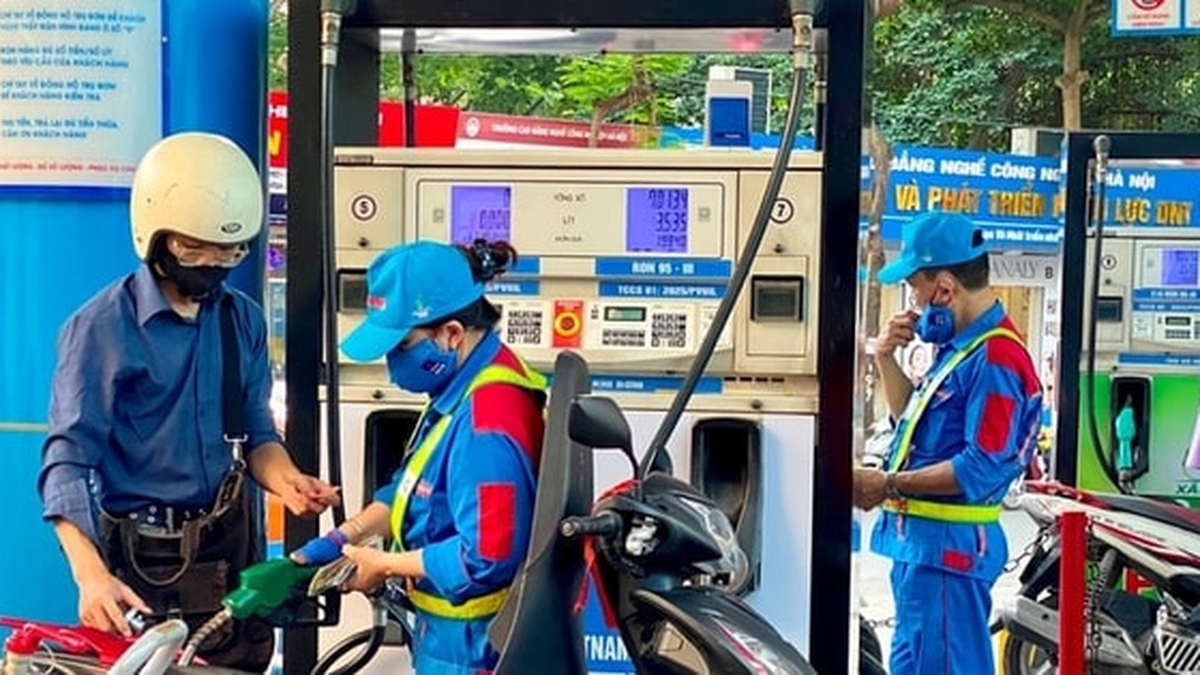










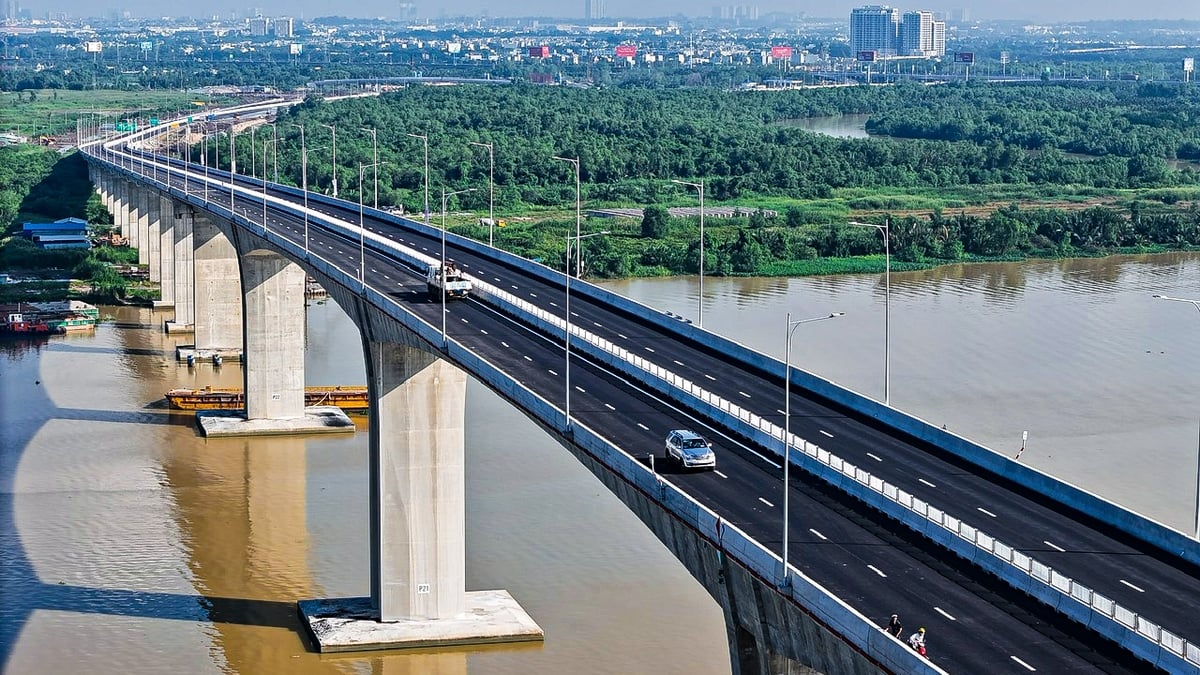
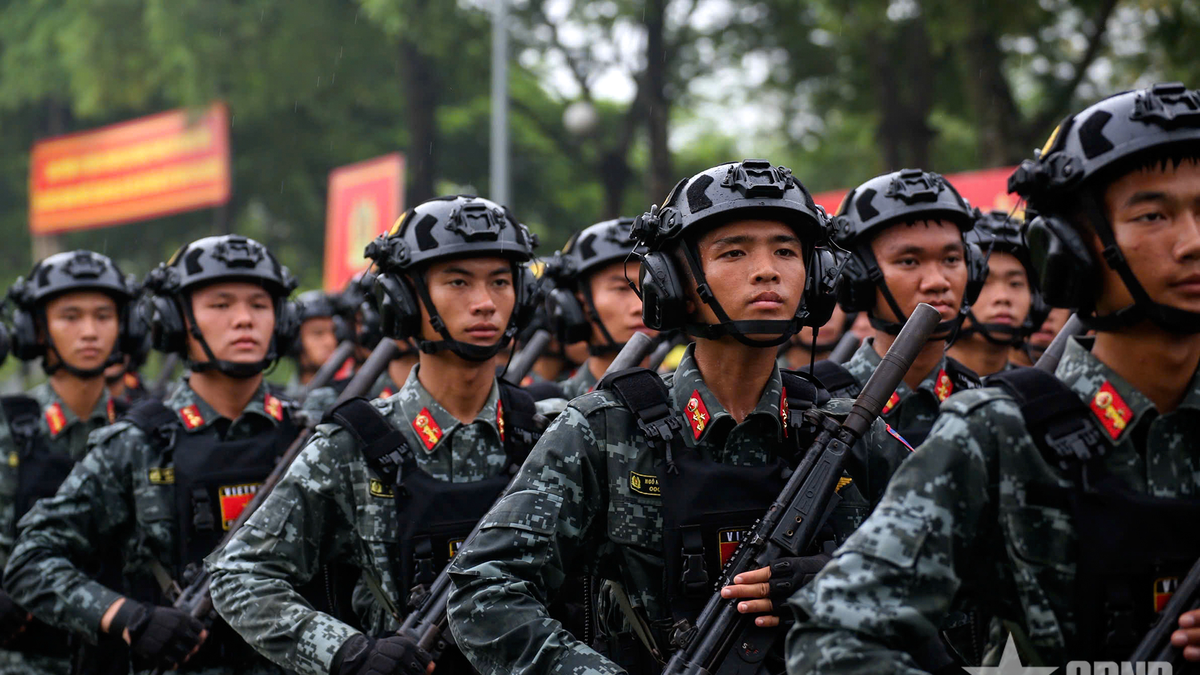
![[Photo] General Secretary and Prime Minister visit the National Exhibition and Fair Center](https://vphoto.vietnam.vn/thumb/1200x675/vietnam/resource/IMAGE/2025/8/19/f4503ad032d24a90beb39eb71c2a583f)

![[Photo] General Secretary To Lam and President Luong Cuong attend the handover ceremony of the Presidential Office Headquarters](https://vphoto.vietnam.vn/thumb/1200x675/vietnam/resource/IMAGE/2025/8/19/a37cfcbd301e491990dec9b99eda1c99)
![[Photo] Close-up of the first International Financial Center building in Ho Chi Minh City](https://vphoto.vietnam.vn/thumb/1200x675/vietnam/resource/IMAGE/2025/8/19/3f06082e1b534742a13b7029b76c69b6)
![[Photo] General Secretary To Lam attends the inauguration and groundbreaking ceremony of 250 projects to celebrate National Day](https://vphoto.vietnam.vn/thumb/1200x675/vietnam/resource/IMAGE/2025/8/19/3aa7478438a8470e9c63f4951a16248b)
![[Photo] President Luong Cuong's wife and Queen of Bhutan visit Tran Quoc Pagoda](https://vphoto.vietnam.vn/thumb/1200x675/vietnam/resource/IMAGE/2025/8/19/62696af3852a44c8823ec52b03c3beb0)

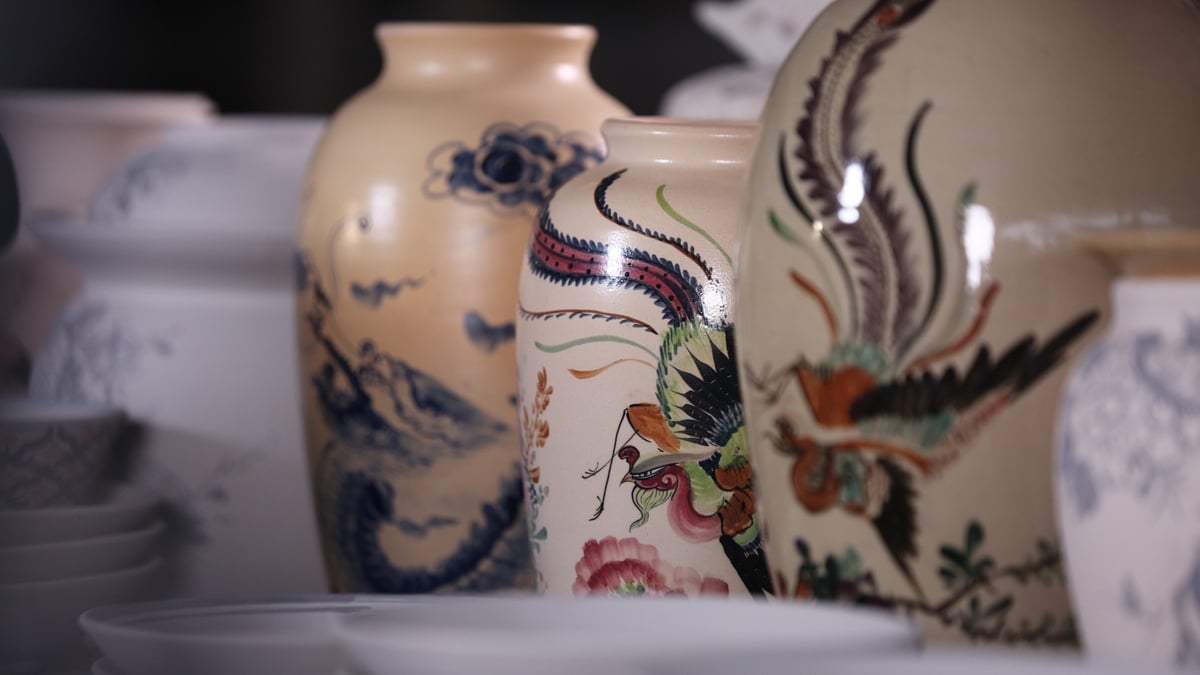
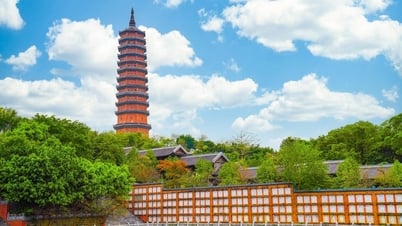

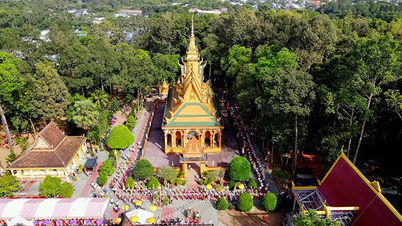





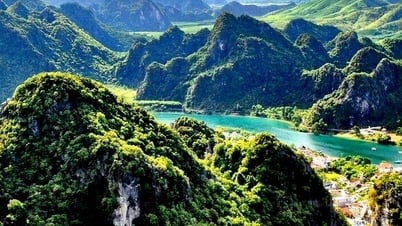









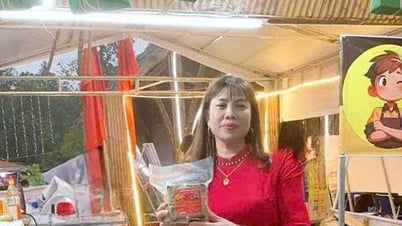







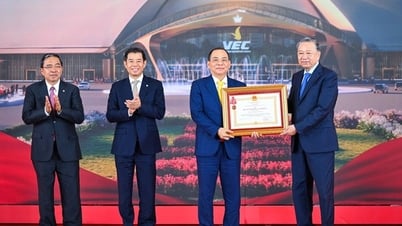



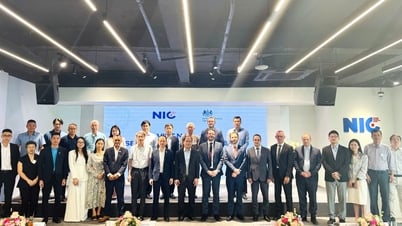
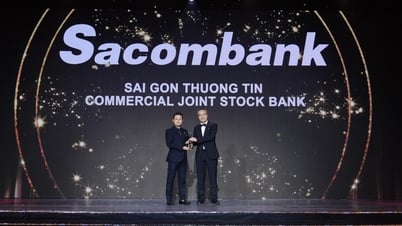


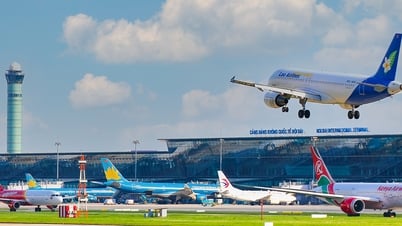

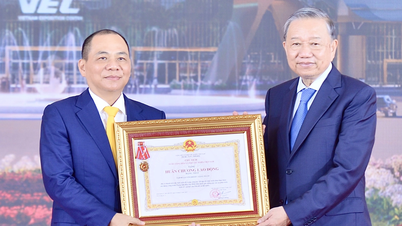
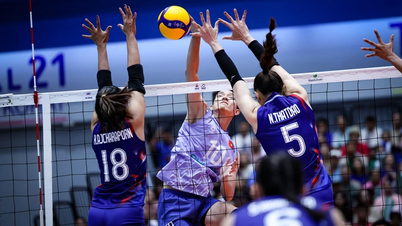

![[Photo] President Luong Cuong holds talks with King Jigme Khesar Namgyel Wangchuck of Bhutan](https://vphoto.vietnam.vn/thumb/402x226/vietnam/resource/IMAGE/2025/8/19/95a2f504f8ab4777ae48b1164382f6cf)
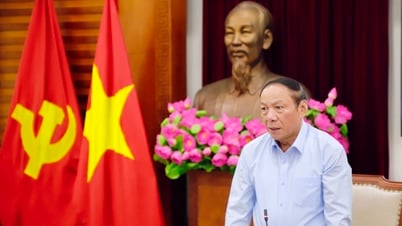

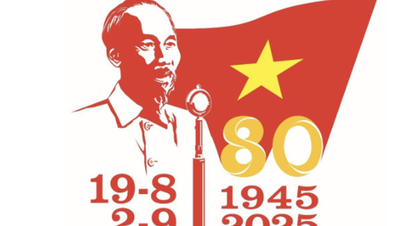

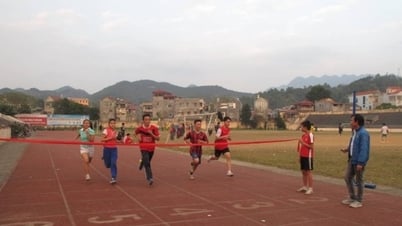
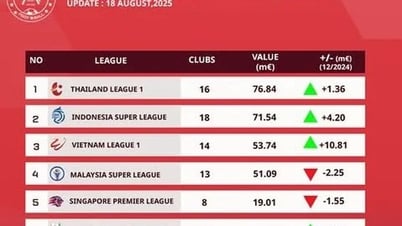
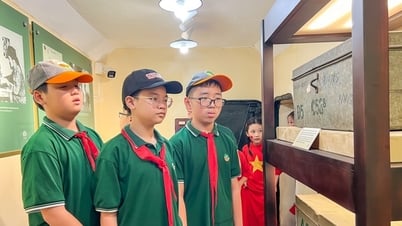
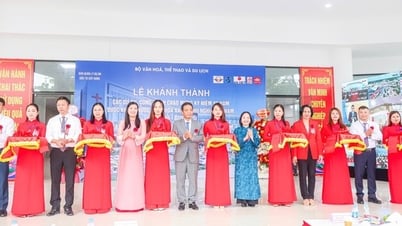







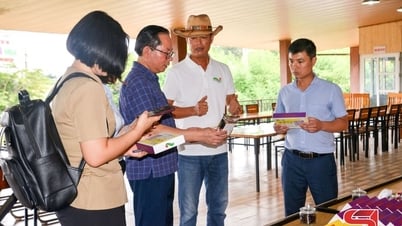

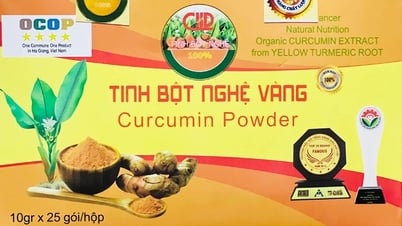

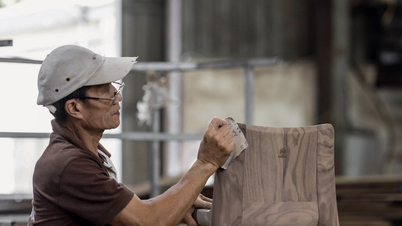



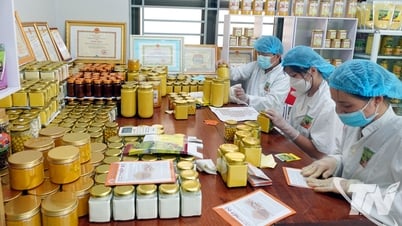

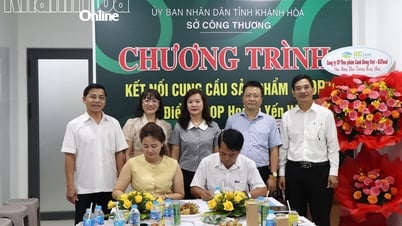






Comment (0)